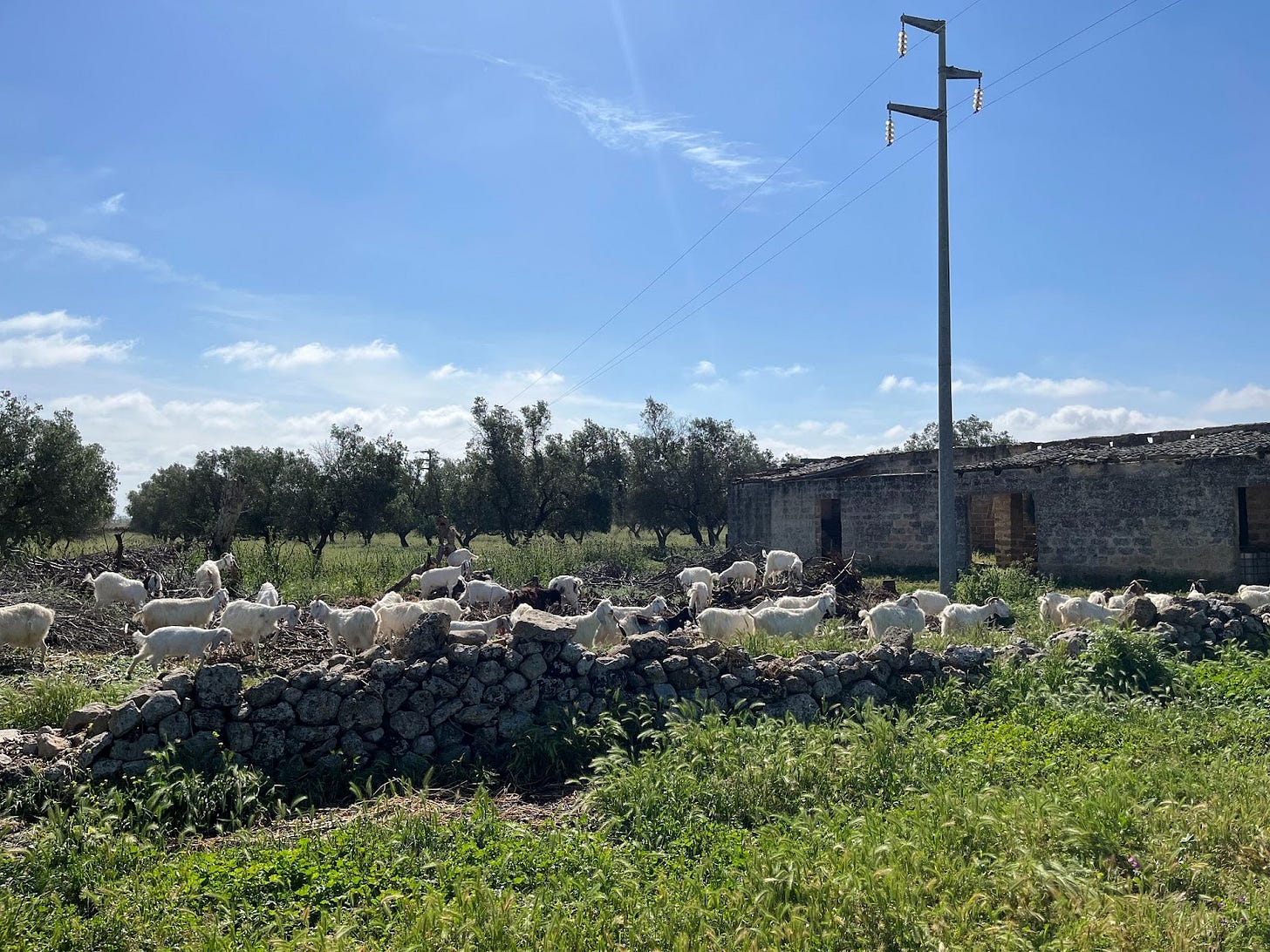
Writers have always needed a space of their own to work, where they can focus, free from distraction. Typically, such a place has been “a room of one’s own”. But even Virginia Woolf needed to escape the grind of daily life. Though she lived primarily in London, Woolf frequently sought solace in her country house in East Sussex. She wrote Jacob’s Room, Mrs Dalloway, and To the Lighthouse there. Woolf and her husband also hosted other writers, like TS Eliot and members of the Bloomsbury Group, creating de facto writing retreats.
Over the last century, such writing retreats have become increasingly popular.
What is a writing retreat, and why go on one?
A writing retreat is a contained experience where the focus is on writing. Unlike a workshop, a retreat is a whole experience - think activities and meals together - that requires your full attention and presence. Retreats can range in length from 1 day to several weeks.
A retreat may have a theme. For example, my upcoming retreat focuses on writing scenes. Others may focus on writing book proposals, self-editing, or being open to the writer’s intent or goals. What’s important is that you think about the problem(s) you’re having and find a retreat that will help you find solutions.
As a writer who’s been on retreats and now someone who runs them, these are the key benefits of going on a retreat.
1. Focus on your writing, including struggles and blocks
Away from partners, kids, pets, work, errands and the rest of the neverending distractions that compete (and often win) writers’ attention, you’ll be surprised with the progress you can make. Daily life is full of distractions and competing priorities. On a retreat, your writing is #1.
Think about all the interruptions that happen when you’re writing. Do you ever have an entire block of time without distraction?
Then, imagine how much you could achieve if you could dedicate an entire week to your writing.
Working in a group setting allows you to discuss whatever you’re struggling with (crafting compelling scenes, dialogue, character development, setting) with other writers.
2. Get inspired
Retreats are often held on farms or castles, excellent for wandering around and daydreaming. I hold my retreats in a giant Italian palazzo where the participants can work in any of the spaces or the garden.
A retreat covers far more than the time spent workshopping. Inspiration can strike at any time. A retreat should also have activities for the writer. In my own retreats, participants learn from local craftspeople, encouraging kinaesthetic learning. During one retreat, we made puppets under the guidance of a local puppetmaster and theatremaker.
3. Commune with other writers
A retreat is an immersive, social experience. You spend an intense week with a group of writers, constructively reviewing each other’s work and hopefully bonding. You may even form lifelong friendships. Retreats bring writers together from various backgrounds. Diverse life experiences enrich the experience and give writers access to different points of view and interpretations of their work.
When writers working in diverse genres come together, the insights are powerful. For example, fantasy authors tend to excel at worldbuilding; crime writers are very plot-detailed. Writing retreats connect you with writers, styles and genres you would not otherwise have encountered.
And what better way to close the day than a meal together with the group!
4. Off to somewhere new
A retreat generally occurs away from where you work and live. As such, it’s also a holiday! Make sure you choose a retreat located in a place you love or have always wanted to visit. Writing retreats are held worldwide, in cities, in the countryside, on the beach, in the mountains or anywhere else you can think of.
Take a healthy sense of adventure with you and be open - not everything will go according to plan. The unexpected will, of course, happen. And that’s part of the point! During one of our tours of the Italian countryside, we had to wait for about thirty minutes while a herd of goats crossed the road. The guide got out and started talking to the herder. Soon, we were all outside on the road, listening as she translated the herder’s story about the surrounding area, the ruins and the once-powerful families that used to live there.
5. Rest & Recharge
Since a retreat is also a holiday, it shouldn’t be a 40-hour workshop - there is downtime to work, rest, and process. Though you’ll write each day, you’ll also have the chance to breathe, relax and reflect on the experience, including the feedback on your work.
Retreats are focused and contained, but there’s also ample downtown for you to explore, write and relax on your own.
How to find retreats
Not every problem you’re facing as a writer can be solved in a week, so it’s essential that the retreat organiser (and you!) set realistic expectations. You’ll be surprised what you can accomplish given time, space, camaraderie, and excellent food.
Many writers on Substack offer retreats: Subscribe to them for the latest!
runs food writing workshops all over Italy offers creative writing days in Sussex in the UK holds writing retreats in North Carolina, USA will hold yoga & writing retreats in Switzerland holds a creative residency in France runs writing retreats in multiple locations I run writing retreats in southern ItalyHave we missed any? Have you ever been on a writing retreat? What was your experience like? Tell us in the comments!
Read more from
over at






I run mini-retreats in the Algarve of Portugal for Creatives. It's more casual than structured and the location is inspiring with its natural beauty. Emphasis on morning conversations about the creative life, the pluses and challenges, and then on rest, renewal and the inspiration that comes from a different culture with its own traditions, foods, language and attitudes. Writing prompts and mindfulness practices are included for inviting the muse. More here: https://aliciamrodriguez.com/mini-retreats/ultimate-restorative-retreat-4-creatives-apr2024
I just signed up for my first writing retreat and your post has made me even more excited! I'm looking forward, especially, to being able to devote my full attention to writing for several days.